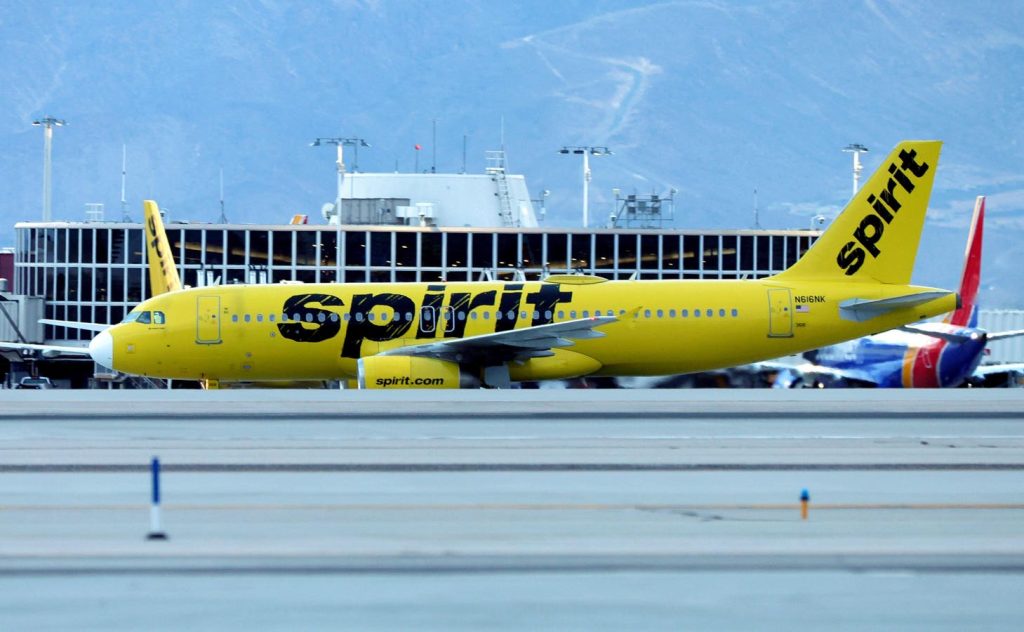The Federal Aviation Administration has proposed a civil penalty of $146,500 against Spirit Airlines for alleged violations of Hazardous Materials Regulations. The airline is accused of improperly handling packages containing compressed oxygen containers that were sent to ship on FedEx. This incident brings back memories of the ValueJet Flight 561 tragedy in 1996, where a fire caused by improperly packed oxygen generators in the cargo hold led to the crash of the airline’s DC-9 plane in the Florida Everglades, killing everyone on board.
The FAA alleges that Spirit Airlines attempted to ship improperly packaged oxygen containers five times in August and September 2022. FedEx rejected one of the shipments because the compressed oxygen cylinder was in a damaged box that did not meet regulatory requirements. The employees responsible for handling these shipments had not completed the required hazardous materials training or received the necessary certificates for handling dangerous goods cargo, as mandated by industry standards. Spirit Airlines has been given 30 days to respond to the enforcement letter from the FAA.
In the U.S., over 261,000 tons of regulated dangerous goods are transported by air each year, and strict rules are in place to ensure the safe handling of hazardous materials. The Department of Transportation requires that hazardous materials be packed in containers that can withstand air transport conditions and remain intact. Additionally, hazardous materials shipments must be properly marked and labeled, with detailed shipping paperwork that includes critical emergency response information for pilots. Commercial airline pilots have the right to refuse a hazardous material shipment if they feel it poses a risk to their flight.
The ValueJet tragedy serves as a stark reminder of the consequences of improperly shipped hazardous materials. SabreTech personnel loaded chemical oxygen generators into the forward cargo compartment of the DC-9 aircraft on Flight 592, leading to a fire that caused the deadly crash. The NTSB found that SabreTech failed to properly prepare, package, and identify the oxygen generators, which ultimately led to their inadvertent activation and the ensuing fire. The fire in the cargo hold quickly spread to the cabin, creating a life-threatening situation for everyone on board.
While Spirit Airlines’ violations involve shipments sent to FedEx rather than commercial airline cargo, the importance of adhering to hazardous materials shipping regulations cannot be understated. It is crucial for cargo aircraft crew members to follow proper procedures to ensure the safe transport of dangerous goods and prevent potential disasters like the ValueJet tragedy. With the FAA’s proposed civil penalty against Spirit Airlines, the spotlight is once again on the importance of strict adherence to hazardous materials regulations in the aviation industry to protect the safety of passengers, crew, and individuals on the ground.


